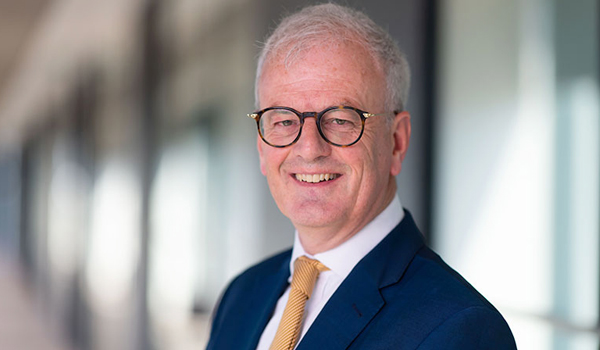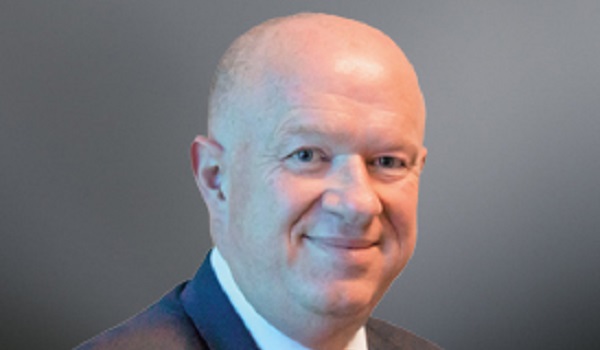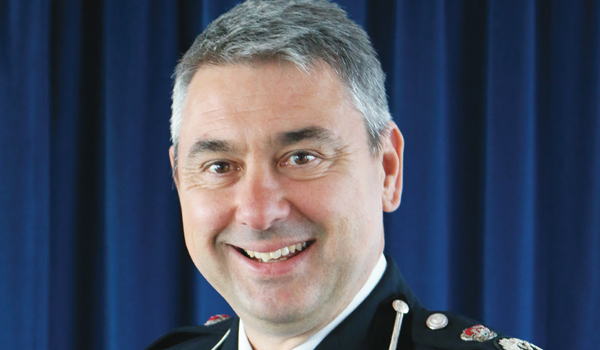IICSA – one year on
Today (Friday October 20) marks one year since the Independent Inquiry into Child Sex Abuse (IICSA) published its final report. The prolific nature of child sex abuse has continued to rise in recent years, with a worrying lack of responsibility being taken, in large part because the UK does not legislate mandatory reporting. This means that if an adult becomes aware of a child being sexually assaulted, they are not, by law, required to report it. The children’s charity NSPCC has described the Government’s response as ‘piecemeal’ with ‘little sign of meaningful change’. Alan Collins comments on where we are at 12 months after IICSA presented its findings.
Last year’s final report by IICSA concluded that urgent action is required to ensure children are better protected from sexual abuse. Yet we are no further from children being protected from sexual abuse within organisations, whether it be religious settings, social services, police, education – the list goes on.
The report contains 20 recommendations to the Government and other institutions as to how children can be better protected, but there is no reason to believe the Government will implement any of IICSA’s recommendations.
Currently, the Government’s steps – or lack thereof – in addressing child sexual abuse, which is endemic in the UK, shows no signs of abating, which is tragic both in terms of damaged lives and the cost to the UK. Whether this will change under Labour, if they are elected next, is a question worth pondering.
IICSA was set up by Theresa May as Home Secretary when child abuse scandals were a hot political potato – arguably a smart move to deflect the issue, the inquiry was consequently if so set up for the wrong reasons (namely political ones). This is in contrast to Australia with the Royal Commission, which was established with wide support, and has been properly supported with consensual buy in achieved.
Was IICSA naïve in thinking that its many uncosted recommendations would simply be picked-up by government and implemented? That is not to say the recommendations – albeit fairly obvious – are not good ones. For example, it is inexcusable that the Government has not introduced mandatory reporting of child abuse – especially so when the Home Secretary said that they would.
But maybe IICSA should have been smarter, by thinking about the reality of how such recommendations would work in practice – in particular the cost. The gaping hole in much of IICSA’s report and recommendations is the failure to grasp the fact that the offenders should be paying for the harm they cause. Sending them to prison is one thing, but what about the damaged victims left in their wake? IICSA seems to think that the taxpayer and insurance sector will pick up the tab.
This is not likely to happen, which may go some way, possibly, in explaining why politicians are so disinterested. The odds are very much against anything that might cost money being implemented. This inaction, however, comes at a cost: more damaged lives.
Inaction speaks volumes, with the repeated litany of “lessons have been learnt” being trotted out time and again by a government that is not motivated to put an end to child abuse tragedies.
When it comes to child safeguarding, the responsibility must lie with government and its institutions. It is very difficult for a survivor to achieve accountability when abuse occurs, and far too often when it results in a death. The resulting inquiries invariably reveal a familiar pattern of failure: the lack of “professional curiosity”; the failure to check records; and the failure to act on information. What is glaring is the absence of accountability, and therefore the lack of consequences for those that failed these victims.
The Government has a moral obligation, having set up IICSA, to introduce mandatory reporting and the concept of accountability as a legal obligation so that those who fail are held to account. Only then do we stand a chance of seeing the cultural change that is so badly needed to ensure that our children and young people are better safeguarded.
Alan Collins is a partner in the sex abuse team at law firm Hugh James.






